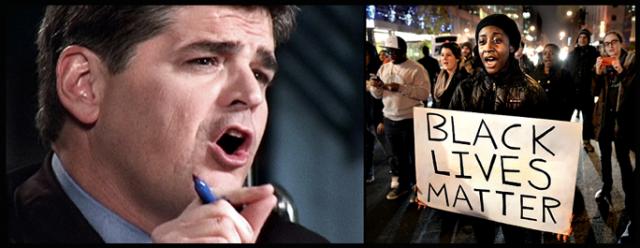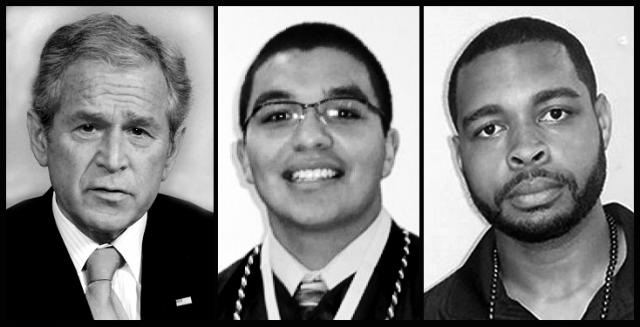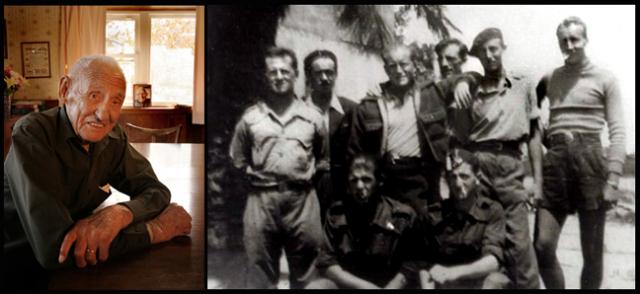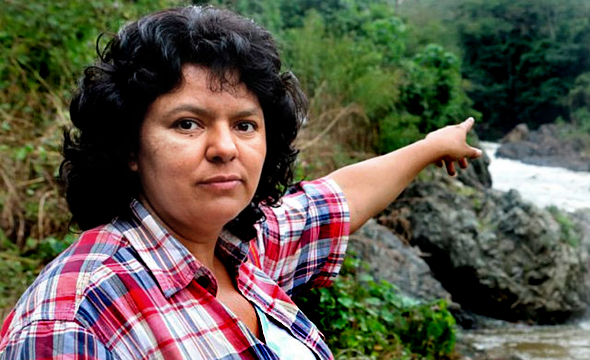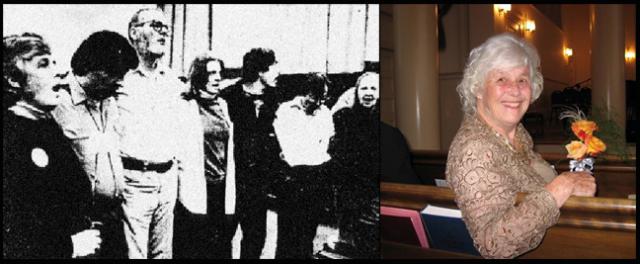The New York Times is the best old-style, broad-sheet newspaper in America; it still covers the world with resourceful and enterprising reporters and commentators. But, then, there’s the other New York Times, the imperial rag that prints editorials like the one on August 5 titled “ ‘Dynasty,’ the Nicaraguan Version.” It’s not that Nicaraguan President Daniel Ortega is a saint or even a model democrat; it’s that the editorial department and the writer who penned this sloppy embarrassment are still playing a version of the Reagan Cold War game of the 1980s. Those days are over; one hopes for something a bit more worldly.
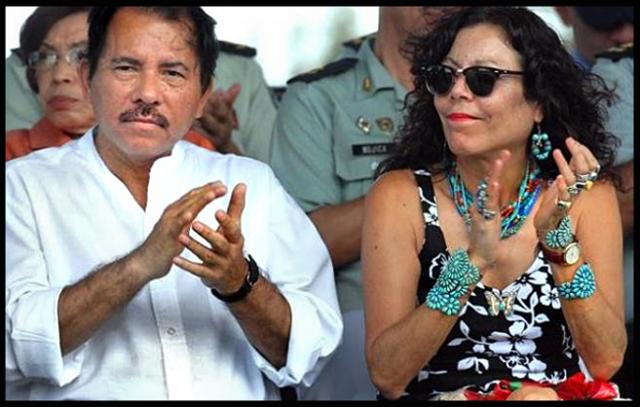 President Daniel Ortega and his wife Rosario Murillo announcing her vice presidential candidacy
President Daniel Ortega and his wife Rosario Murillo announcing her vice presidential candidacy
After listing a number of negatives — the popular President Ortega has appointed judges favorable to his rule and has been able to assure a legislature filled with his allies — the editorial tells us how well the Nicaraguan economy is doing, how well the Ortega administration works with investors and international business and how safe the place is compared to its three closest neighbors. This safety is, we’re told, due to a sinister “vast police force.” Reading this, one might forget here in the US we have our own “vast” police and criminal justice problems.
Let’s consider for a moment the interesting fact that Nicaragua is notably “safer” than Honduras, El Salvador and Guatemala. First off, during the 1980s under President Ronald Reagan the United States of America directly supported, and in some cases actually directed, cruel and bloody wars against armed guerrillas (and the poor in whose name they fought) in these three small, poor nations. It was the Cold War, so these wars were couched in East-West (communist-capitalist) terms, when they arguably were more accurately described as North-South struggles: ie. they were about powerlessness versus power, poverty versus wealth.
In the case of Nicaragua, the US Contra War was a proxy war against a sovereign nation. In 1979, the Sandinista rebels had overthrown a dictatorship run by Anastasio Somoza, junior, whose father Anastasio, senior, had been a US ally. Franklin Roosevelt famously said of Somoza, senior, “Somoza’s a son-of-a-bitch, but he’s our son-of-a-bitch.” In 1956, the father was shot dead eating dinner in a Leon restaurant by a patriotic poet working as a busboy. (Many Nicaraguans aspire to be poets.) Anastasio, junior, took over the family business and ruled as a US ally until 1979, when he fled to Paraguay, where in 1980 his Mercedes was blown apart by an RPG as the climax of a seven-member Sandinista plot called “Operation Reptile.” His unidentifiable remains were buried in Miami following a big funeral of fellow tyrants and right-wing fat cats.

